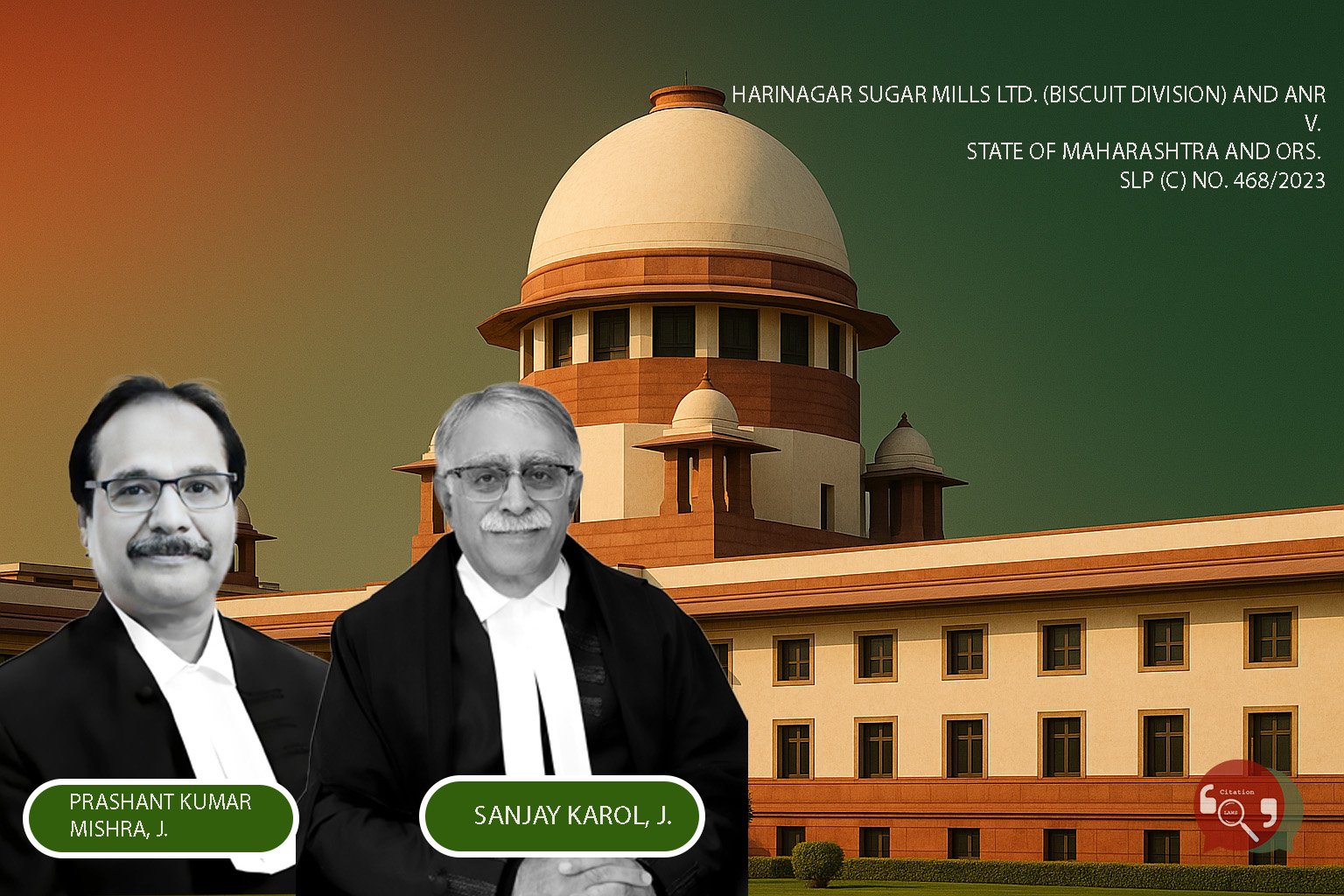The Hon’ble Supreme Court while interpreting the scope of deemed permission to close and undertaking under Section 25-O(3) of the Industrial Disputes Act, 1947 has held that procedural lapses by the State Government cannot frustrate the statutory right of an employer to close a business when no timely decision is communicated by the appropriate authority. In the present case, HSML (the Appellant) was engaged in Job Work Agreement with Britannia Industries Ltd. For over three decades. Upon termination of the agreement, HSML applied for closure of its biscuit division under section 25-O of the Industrial Disputes Act, 1947. The Maharashtra Government did not issue a formal order within the statutory 60-day period. The Company claimed deemed permission for closure but the same was denied, and the same was upheld by the Bombay High Court calling the application incomplete. The Hon’ble Apex Court reversed this finding and upheld the deemed closure for the appropriate government, in the present case, was the Minister of Labour but no order for completion of the application was passed by him.
FACTS OF THE CASE
HSML’s only client for the past three decades, Britannia, terminated its contract effective from 27.11.2019 because of which, HSML applied for closure on 28.08.2019 and the State (the desk officer) responded via letter dated 25.09.2019, seeking more information, but did not pass a formal order. HSML replied with additional details on 10.10.2019. The State issued another letter on 04.11.2019 but again failed to pass a formal order. HSML claimed deemed closure effective from 27.10.2019 and the High Court rejected this claim.
STATUTES INVOLVED
- Section 25-O of the Industrial Disputes Act, 1947: procedure and deemed permission for closure.
- Section 39 of the Industrial Disputes Act, 1947: delegation of powers by the appropriate government.
ISSUES INVOLVED
- Whether the letter dated 25.09.2019 can be construed an order?
- Whether the Appellants would be entitled to the relief of deemed closure as on 27.10.2019 by virtue of the deeming fiction present in Section 25-O(3) of the Act?
- What would be the meaning of the phrase ‘Appropriate Government’ and whether in the facts of this case, it was the appropriate government acting in the matter of the closure- if not what is the effect in law, thereof?

